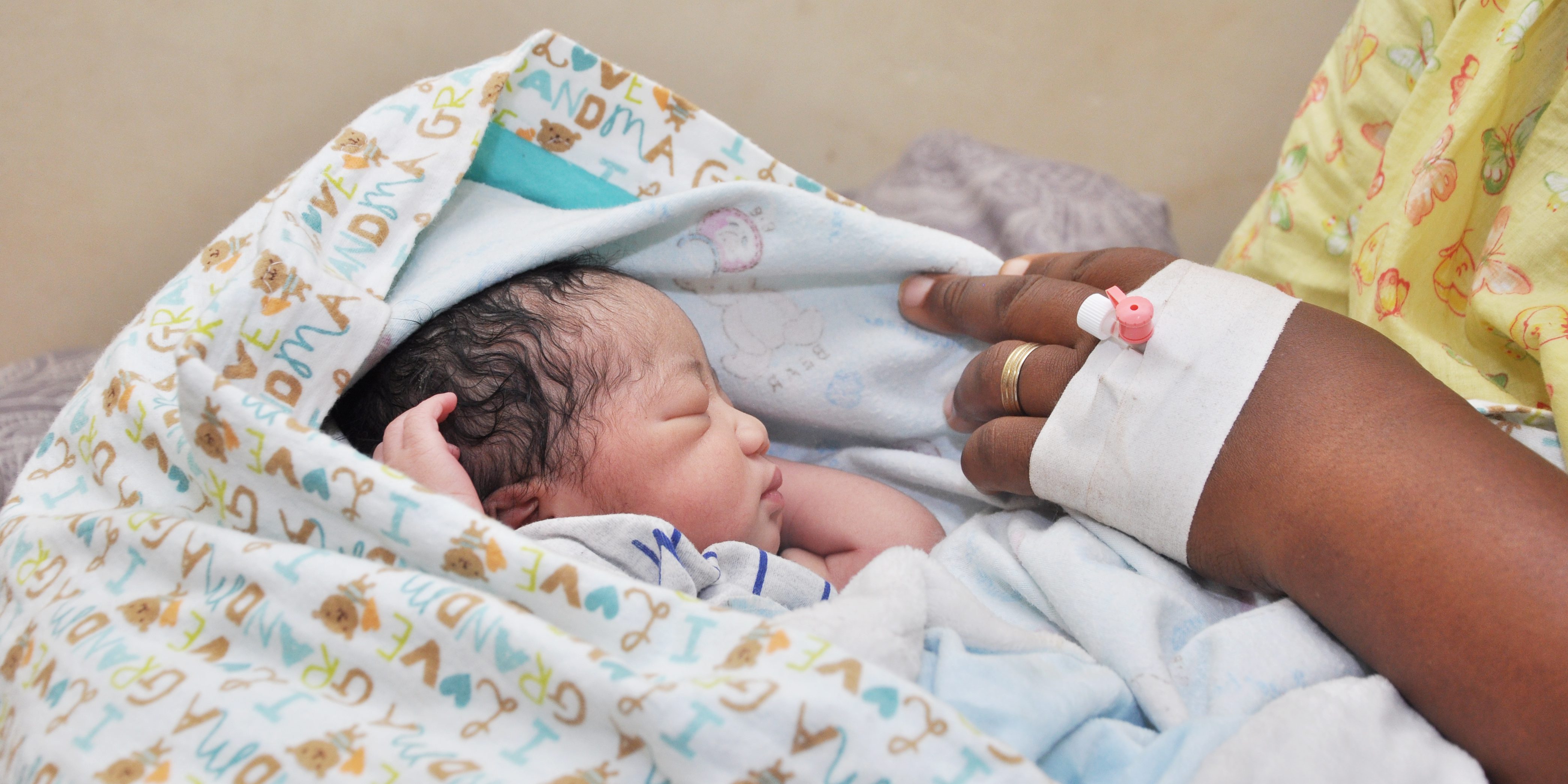At least 240 of the 560 deliveries recorded at Arua Regional Referral Hospital in April were by cesarean section.
Cesarean section, or C-section, is a surgical procedure that can effectively prevent maternal and newborn mortality when used for medically indicated reasons.
Jane Francis Moria, in charge of the maternity ward, noted that some expectant mothers now demand C-section surgery as opposed to natural delivery, which she blames on lifestyle changes. She, however, hastened to add that the majority of C-section cases are from teenage mothers who have complicated deliveries.
Ayivu division Mayor, Marlon Avutia, has tasked the hospital management to investigate the high rate of C-sections. Avutia believes that C-section delivery should only be performed when natural delivery threatens the mother or baby, but not by choice.
On the other hand, Dr. Alex Andema, the Arua Regional Referral Hospital Director, explained that they are compelled to perform C-section deliveries if the risk of complications with which mothers are referred to the facility. Andema added that most of the patients at the hospital are referrals from lower facilities.
The World Health Organisation (WHO) reports that C-section rates have increased tremendously, especially among high-income and Sub-Saharan African countries worldwide.
However, the UN health agency warns that Caesarean birth is often associated with short- and long-term risks that can extend many years beyond the current delivery and affect the health of the woman, the child, and future pregnancies.
The ideal rate for cesarean sections is considered to be between 10 percent and 15 percent by the international healthcare community.



